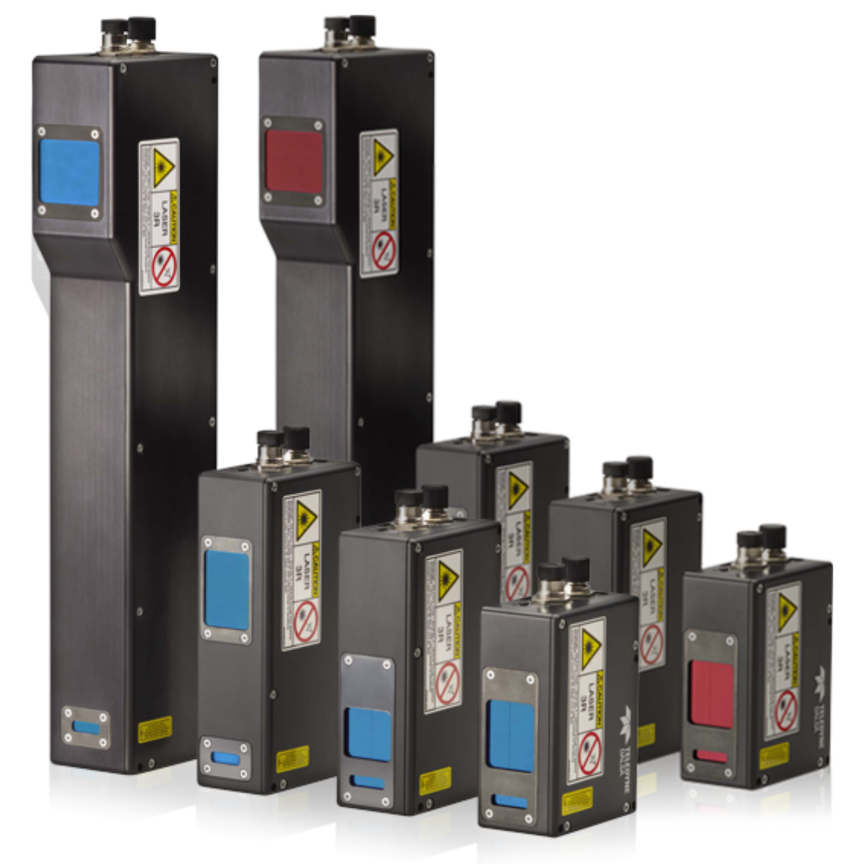Princeton Instruments has launched ProEM, a high performance EMCCD camera platform for the scientific imaging market. New ProEM cameras are designed to address challenging low-light applications associated with single-molecule fluorescence, astronomy, and ion imaging, as well as many other high-frame-rate, light-starved applications.
The Princeton Instruments ProEM uses 512 x 512 and 1,024 x 1,024 back-illuminated EMCCDs and supports both electron multiplication (EM) and traditional readout ports. The EM port is used when high frame rates are required under low-light conditions, while the traditional readout port is ideal for slow-scan applications. The cameras provide several highly innovative features, including a Bias Active Stability Engine (BASE), Princeton Instruments Noise Suppression (PINS) technology, and OptiCAL – on-demand EM gain calibration that produces a linearised EM gain map. A hardware-generated timestamp on each frame takes the guesswork out of time-resolved photometry.
The ProEM camera platform boasts an advanced, all-metal-seal vacuum design for deep cooling and the lowest dark current. Its vacuum performance is guaranteed for the entire lifetime of the camera – the only such guarantee in the industry. The new EMCCD camera platform can be cooled with air, liquid, or a combination thereof. In vibration-sensitive applications, the ProEM can achieve maximum cooling using just liquid, eliminating unwanted air turbulence. For the first time, the latest Gigabit Ethernet (GigE) interface is being offered with a cooled scientific camera, allowing the ProEM to be operated from distances greater than 50m away.


